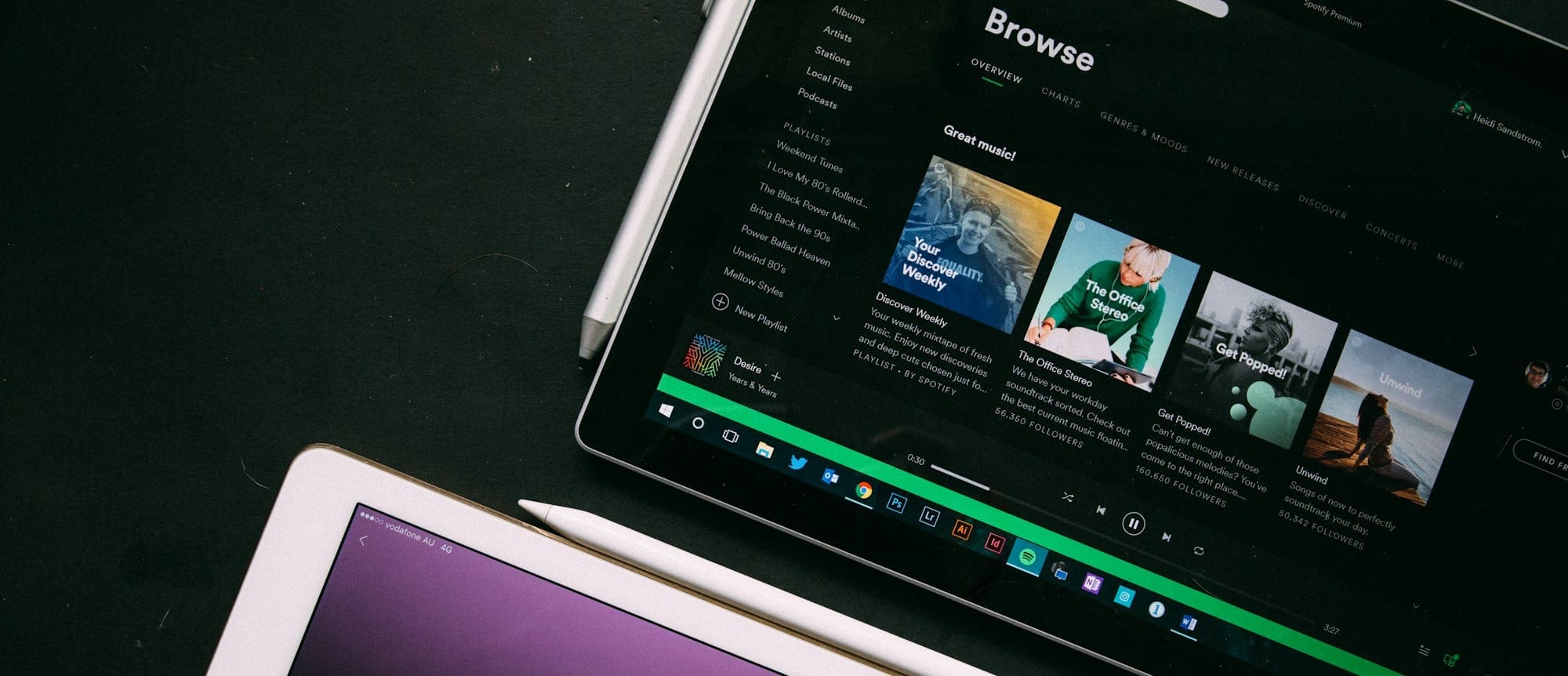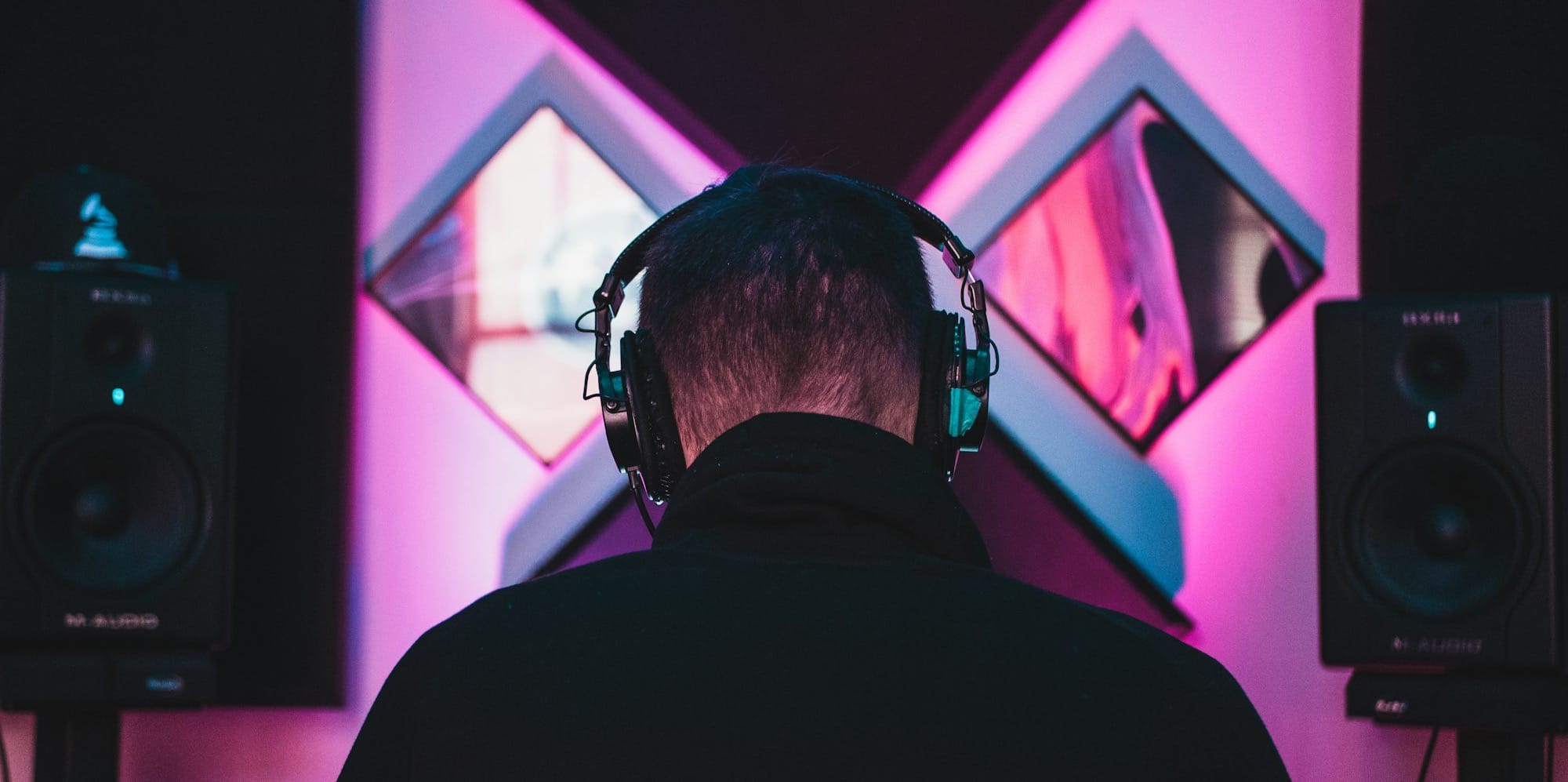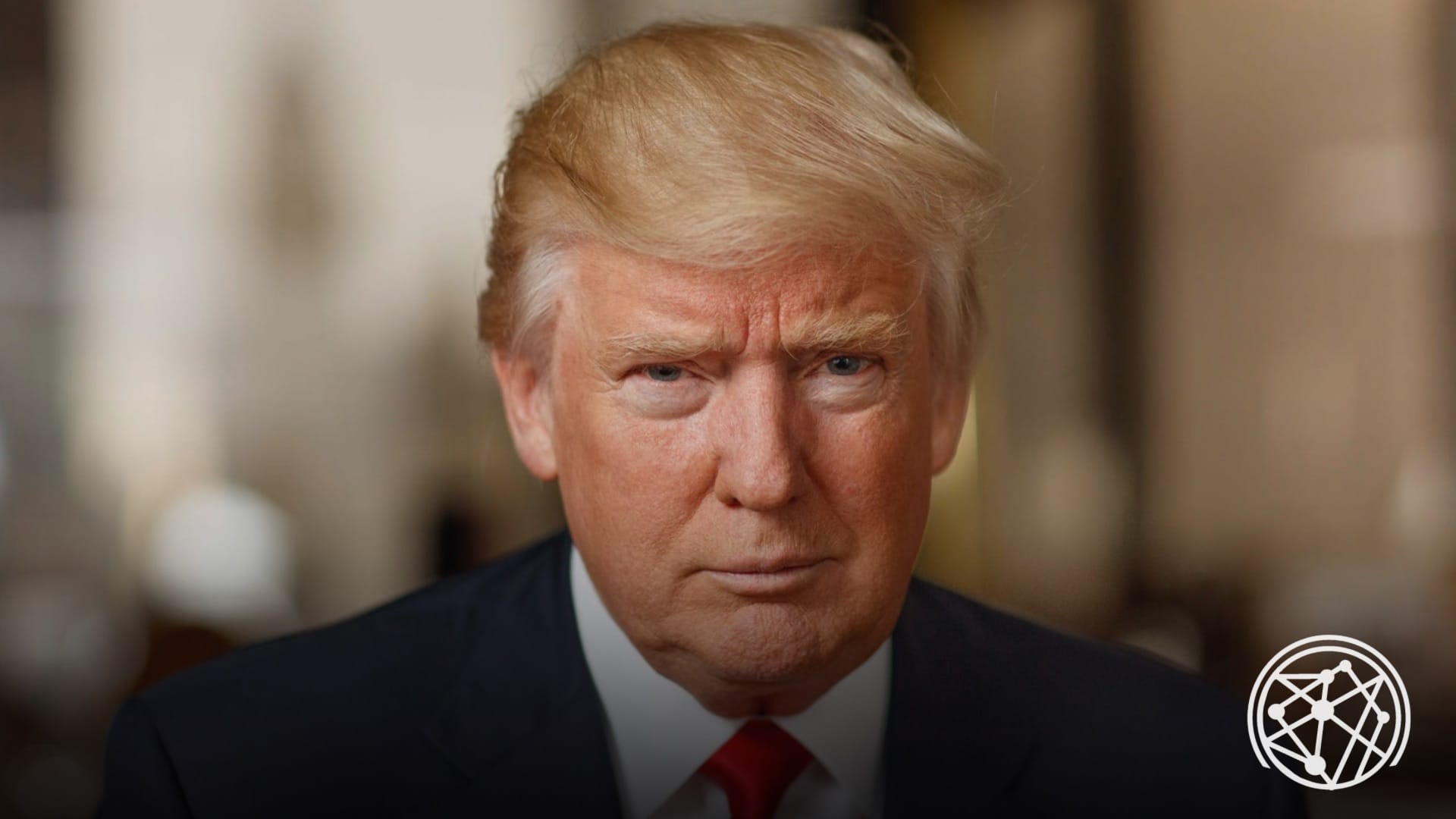5 Ways Trump Affected the Music Industry During His Presidency So Far
How Trump has affected the music industry for better or for worse during his presidency.
Trump's Impact on the Music Industry Throughout his 1st and 2nd Term:
When Donald Trump returned to the presidency in 2025, the United States was polarized. His policies have created a complex web of positives and negatives across many aspects of the music industry—from streaming royalties to merchandise prices. Here's how Trump's presidency has reshaped the music business, for better and for worse.
The Music Modernization Act:

Trump signed the Music Modernization Act into law on October 11, 2018, with musicians like Kid Rock and MercyMe in attendance. This bipartisan legislation became one of the most significant music industry reforms in decades.
The Act delivered three major benefits:
- Streamlined digital licensing for streaming platforms like Spotify and Apple Music
- Royalty payments for pre-1972 recordings that were previously unprotected
- Recognition of producers and engineers in copyright law
"For creators, it means getting paid more fairly. For those who recorded music before 1972, it means assurance you'll get paid for your work,"
Real Money in Artists' Pockets
The Music Modernization Act created a centralized licensing system that simplified how streaming services pay songwriters and publishers. Before this law, the digital music ecosystem was a bureaucratic nightmare—streaming platforms struggled to identify rights holders, and artists often went unpaid or unrecognized for their work.
Now, a single licensing collective manages these payments, ensuring more accurate and timely royalty distribution. For independent artists especially, this means hundreds or thousands of additional dollars annually from streaming revenues that previously fell through the cracks.
Trump's Tariff War:

Vinyl Records and Merchandise Take a Hit
Trump's tariff policies, including a 10% tariff on many imports announced in April 2025, directly affect vinyl prices and music merchandise costs. This has created significant challenges for both artists and fans.
The vinyl revival has been a massively growing market in recent years. However, most vinyl pressing plants are located overseas, making records vulnerable to import tariffs. Industry experts predict higher vinyl prices and reduced tourism due to Trump's tariff policies.
The Cost Breakdown for Artists
Here's how tariffs impact musicians:
- Vinyl production costs increased by 10-15% for imported records
- Band merchandise like t-shirts and accessories face higher manufacturing costs
- Musical instruments imported from overseas become more expensive
- Concert touring faces potential retaliation from other countries
Independent artists, who rely heavily on merchandise sales at concerts, feel this pinch most acutely. A typical band might see their profit margins shrink by $2-5 per vinyl record sold.
The Streaming Economy: Mixed Results Under Trump

Digital Platforms Navigate Policy Changes
The streaming music landscape has remained relatively stable under Trump's policies, but subtle changes have emerged. Industry executives note that "music, and copyright, are no longer the hot-button" issues they once were, suggesting less direct government interference in digital platforms.
However, Trump's broader tech policies have created uncertainty. Discussions around TikTok bans and social media regulation affect how artists promote their music and build fanbases.
Artist Revenue Streams Evolve
The combination of the Music Modernization Act's benefits and tariff-related costs has created a strange economic paradox for musicians:
- Streaming royalties have become more reliable and transparent
- Physical sales face higher production costs
- Live performance revenue remains crucial but faces touring challenges
- Digital marketing through social platforms faces regulatory uncertainty
International Touring: New Complications

Visa and Immigration Challenges
Trump's immigration policies have created additional challenges for international touring. Foreign artists face longer wait times for work visas, and some have cancelled U.S. tours entirely due to delays in the visa process.
American artists touring abroad face potential retaliation from countries affected by U.S. tariffs. Some European venues have reported fewer American acts booking shows, partly due to increased costs and political tensions.
Festival Circuit Disruption
Major music festivals, which often feature international lineups, have had to adjust their booking strategies. The additional costs and complexity of bringing foreign artists to the U.S. has led some festivals to book more local acts—a silver lining for local musicians seeking bigger performance opportunities but its also could lower diversity on festival lineups.
Executive Order To Combat Problems with Concert Tickets

President Donald Trump's executive order, "Combating Unfair Practices in the Live Entertainment Market," signed in March 2025, is a significant move aimed at tackling frustrating issues within the ticketing industry that affect music fans nationwide.
The order specifically targets problems like rampant ticket scalping, the use of automated bots to buy up tickets to re-sell at higher prices, and the surprise fees that are often added at the end of the purchase process. By directing the Department of Justice (DOJ) and the Federal Trade Commission (FTC) to strictly enforce existing laws like the BOTS Act and ensure price transparency, the administration aims to create a fairer ticket-buying experience for music fans.
Looking Forward: What's Next for Music Under Trump?
Potential Policy Changes on the Horizon
The music industry response to Trump's policies has been "swift and severe," with stocks in major music companies experiencing volatility. Industry leaders are watching for potential changes to:
- Digital platform regulations that could affect streaming services
- Trade policies that might increase or decrease import costs
- Immigration policies affecting international touring
- Tax policies that could impact artist income structures
Adapting to the New Reality
Smart artists and music industry professionals are adapting by:
- Diversifying revenue streams beyond physical merchandise
- Focusing on domestic touring to avoid international complications
- Maximizing streaming revenue through the improved royalty systems
- Building direct fan relationships that don't rely on social media platforms
The Bottom Line: A Complex Musical Legacy
Trump's impact on the music industry is like anything in economics or politics, there are benefits and negatives that depend on your situation. The Music Modernization Act represents genuine progress for artist compensation, while tariff policies create new financial challenges.
The key for artists navigating this landscape is understanding both the opportunities and challenges. Streaming royalties are more reliable than ever, but physical product costs are rising. Domestic opportunities may increase while international touring becomes more complex.
For music fans, the impact is equally mixed—better artist compensation through streaming, but higher prices for vinyl records and concert merchandise. The Trump presidency has created a music industry that's simultaneously more fair to creators and more expensive for consumers.
As policies continue to evolve, one thing remains clear: the music industry's ability to adapt and find new revenue streams will determine who thrives in this complex new environment.
Thanks for reading!
- Read more of the latest rock/metal news here
- Subscribe to our Metal News Email list for weekly updates!
- Join our free 5-day music marketing email course!
- Support The Metalverse and go ad-free.
- Follow us on Social Media | Instagram | Facebook






